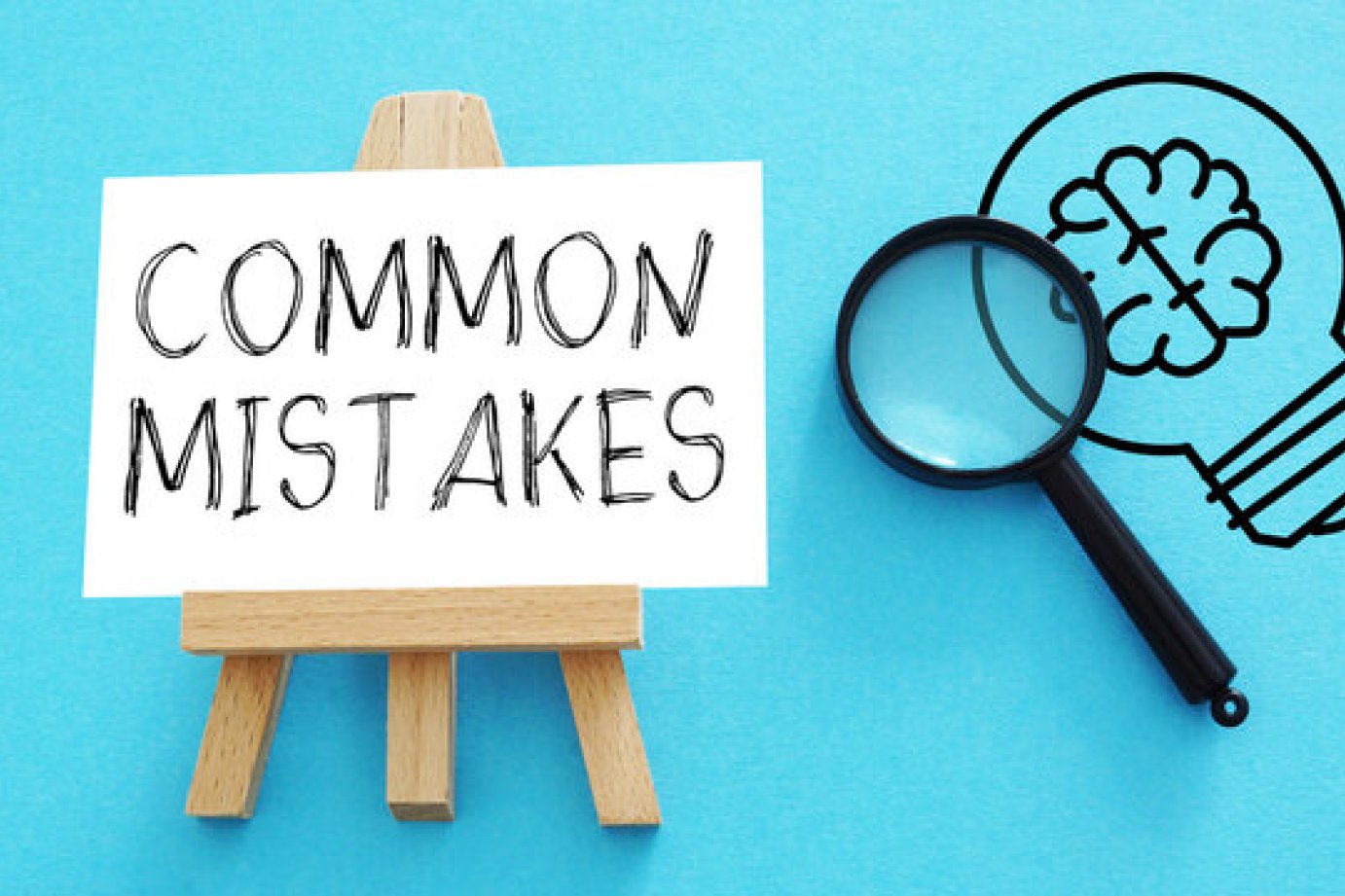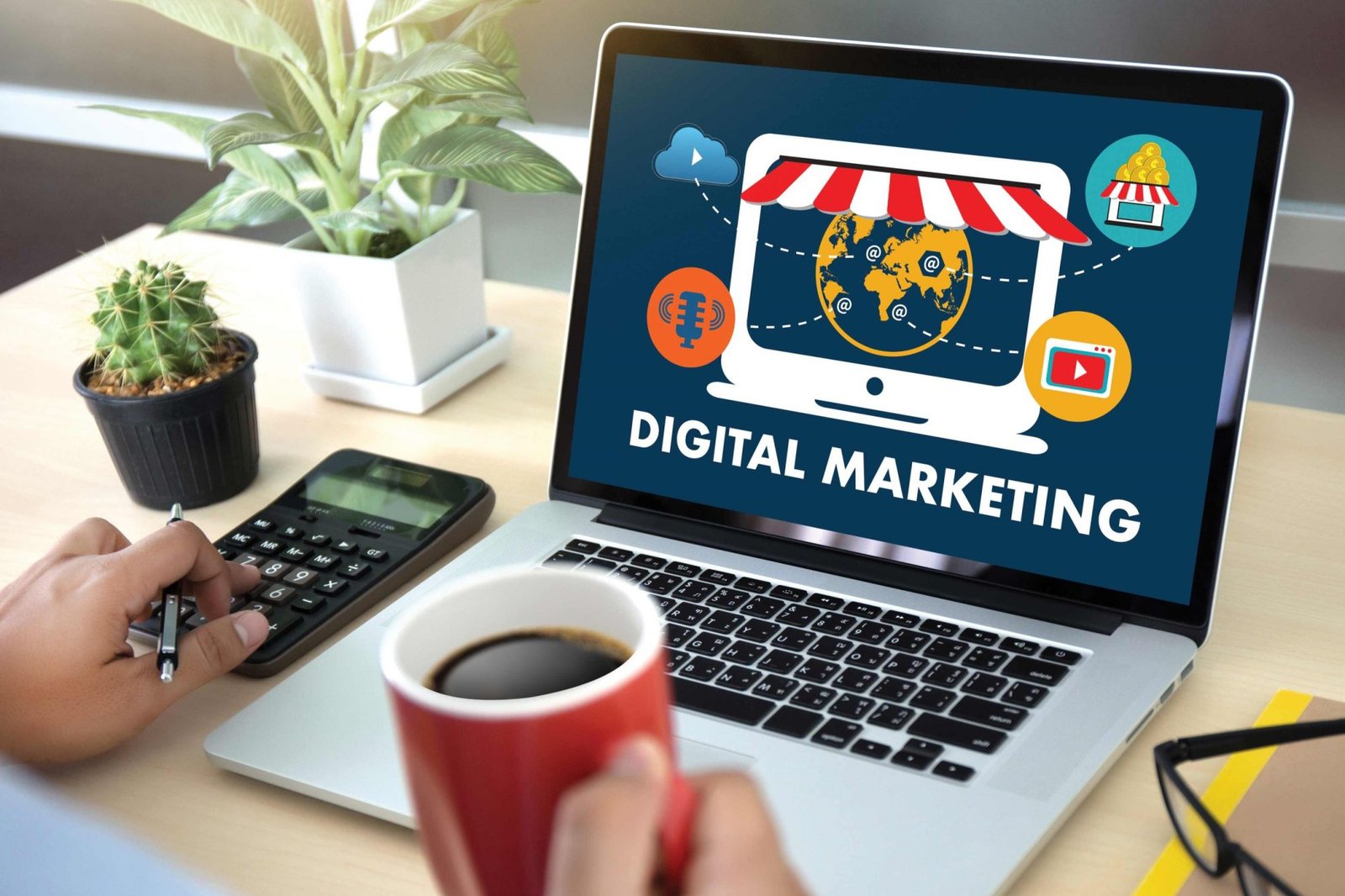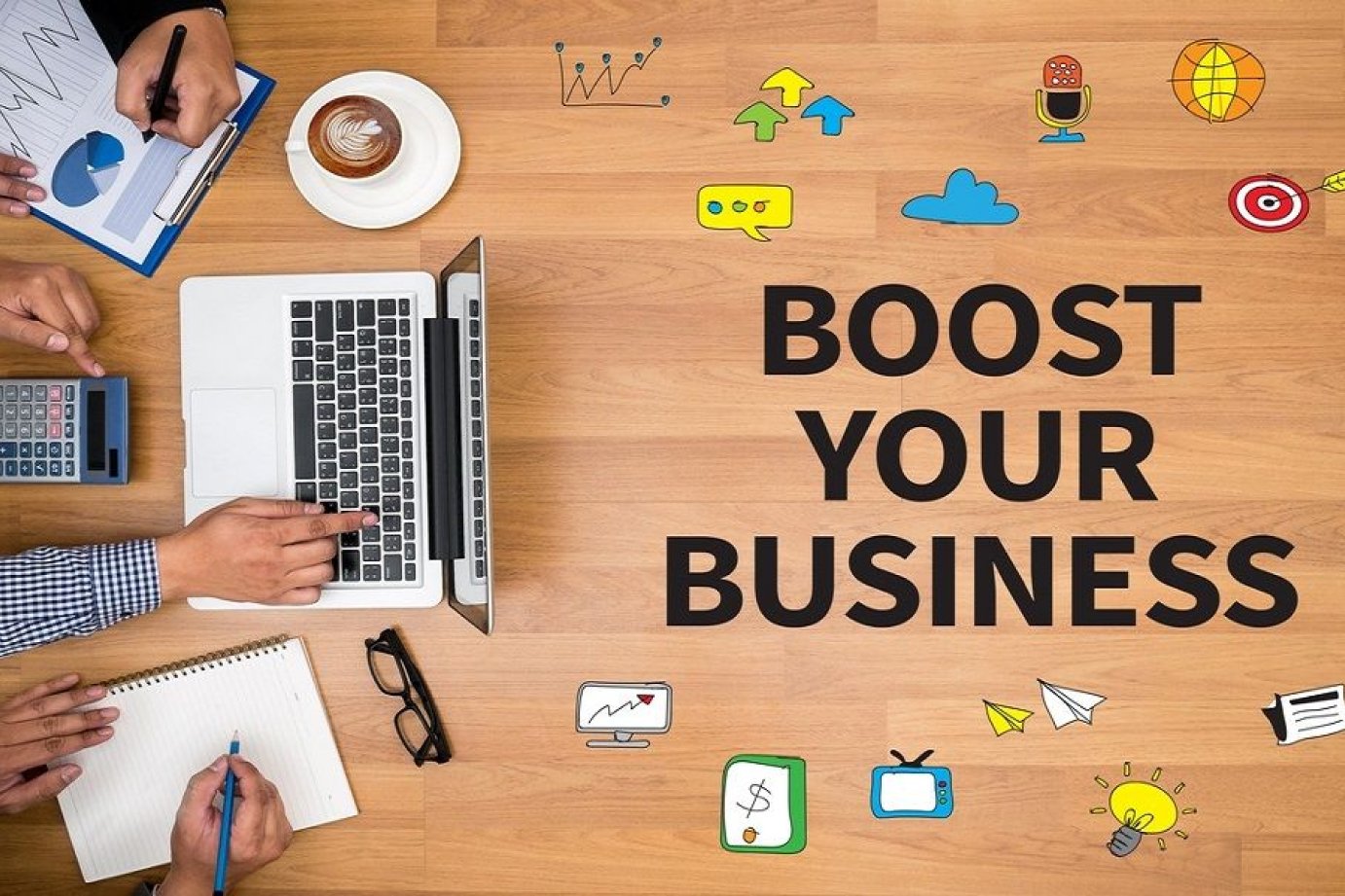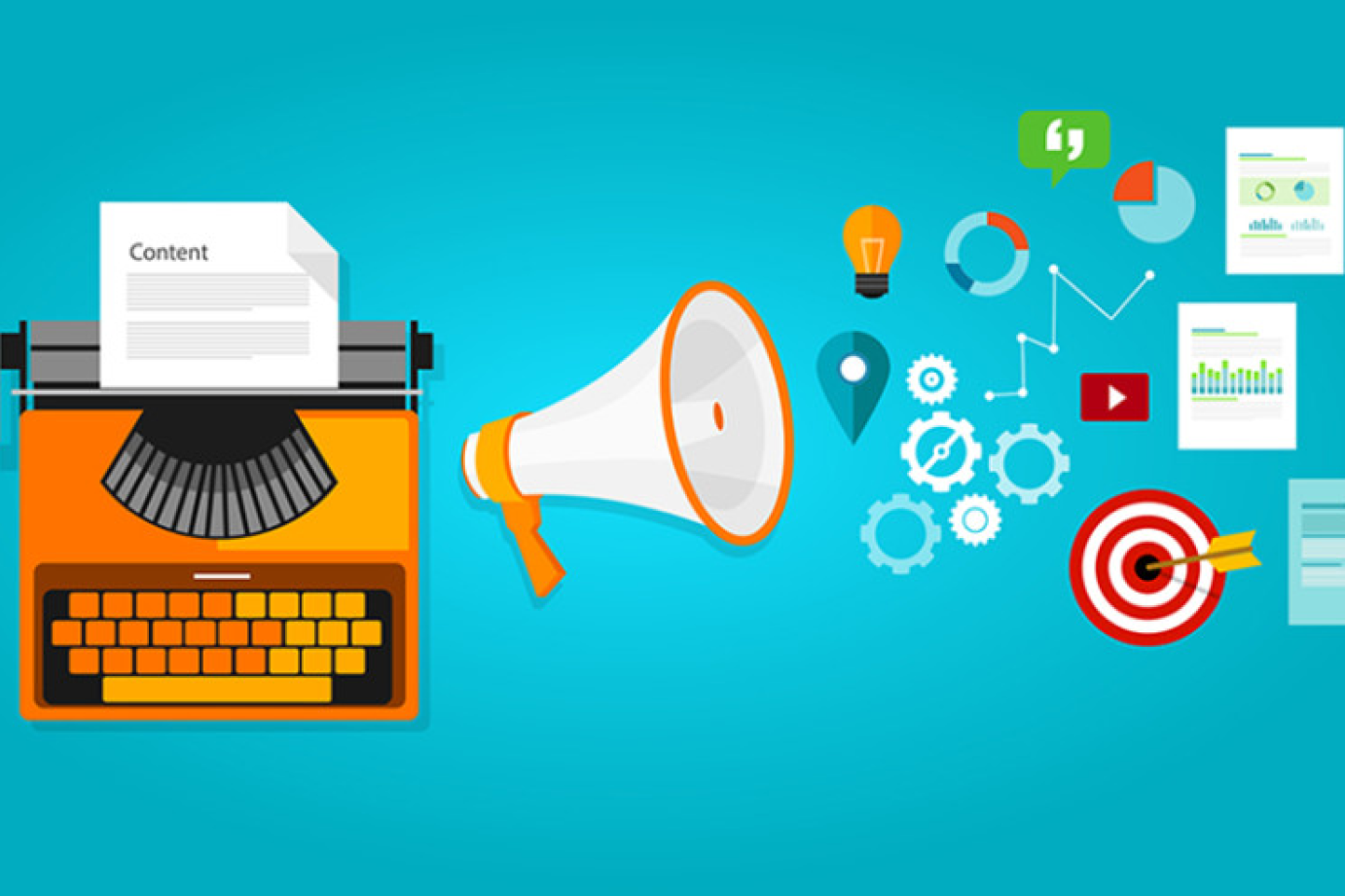Many business owners feel overwhelmed by their marketing efforts, trying to balance operations while ensuring growth. However, a well-defined marketing strategy can help businesses scale efficiently without unnecessary stress. This article explores how strategic marketing can streamline efforts, optimize resources, and drive sustainable business growth.
1. Why Strategic Marketing Matters
A strategic marketing approach focuses on long-term growth rather than short-term tactics. It aligns business objectives with data-driven marketing efforts, ensuring that every action contributes to overall success.
Benefits of Strategic Marketing:
- Efficiency: Eliminates guesswork and focuses on proven methods.
- Consistency: Ensures brand messaging remains cohesive across all channels.
- Scalability: Allows businesses to expand without operational chaos.
- Measurable Results: Uses analytics to track performance and adjust accordingly.
2. Common Marketing Pitfalls That Hinder Growth
Many businesses fall into the trap of reactive marketing, which leads to wasted time, money, and effort. Here are some common mistakes:
- Lack of Clear Goals: Without a defined direction, marketing efforts become scattered.
- Focusing on Vanity Metrics: Likes and shares don’t always translate into revenue.
- Ignoring Customer Insights: Successful marketing is built around understanding the target audience.
- Overlooking Automation Tools: Manual processes can slow down efficiency and impact scalability.
3. Steps to Implement a Stress-Free Marketing Strategy
To scale effectively, businesses need to develop a structured approach. Here’s how:
Step 1: Define Your Goals
Set clear objectives such as increasing brand awareness, generating leads, or boosting conversions. Make sure they are SMART (Specific, Measurable, Achievable, Relevant, Time-bound).
Step 2: Understand Your Audience
Conduct market research to identify your ideal customers’ pain points, preferences, and behaviors. Use this data to tailor your messaging and campaigns.
Step 3: Choose the Right Marketing Channels
Focus on the platforms where your audience is most active. Whether it’s social media, email marketing, SEO, or paid advertising, selecting the right mix is crucial.
Step 4: Leverage Automation and AI Tools
Use marketing automation software to streamline tasks like email campaigns, social media posting, and lead nurturing. AI-powered analytics tools can also enhance decision-making.
Step 5: Measure and Adjust
Track key performance indicators (KPIs) such as conversion rates, customer acquisition costs, and return on investment (ROI). Use insights to refine your strategy and improve results.
4. The Role of Expert Support in Scaling Your Business
While a DIY approach can work for startups, growing businesses often benefit from external expertise. Hiring professionals or partnering with a marketing agency can provide:
- Access to Industry Experts: Specialists in SEO, PPC, content marketing, and social media management.
- Advanced Tools and Strategies: Agencies use premium tools and data-driven strategies for better performance.
- Scalability Without Overhead Costs: Avoids the expenses of hiring a full in-house team.
Conclusion
Scaling your business doesn’t have to be stressful. By implementing a strategic marketing plan, leveraging the right tools, and seeking professional expertise when needed, you can drive growth efficiently. Focus on long-term success, optimize your resources, and enjoy a streamlined marketing process that delivers real results.







